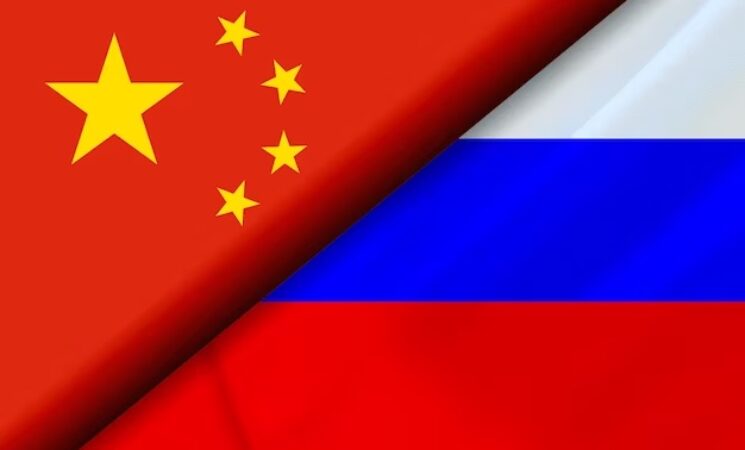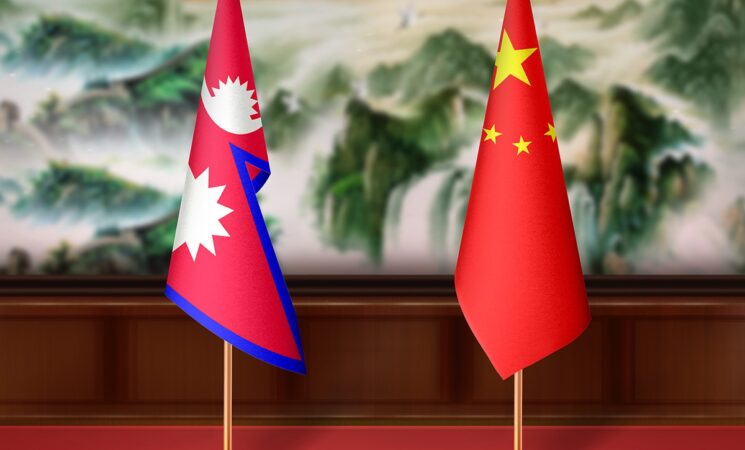Implications of Russian and Chinese Inroads in Central Asia
China-Russia cooperation has not worked well for BRI because of their competitive goals of interests in Central Asia that hinders the broader goal of regionalization of these states itself ...









China and the Philippines Contested Relations
The conflict has evolved beyond maritime disputes to include aerial confrontations, with US involvement adding another layer of complexity and raising the stakes of potential miscalculation. ...